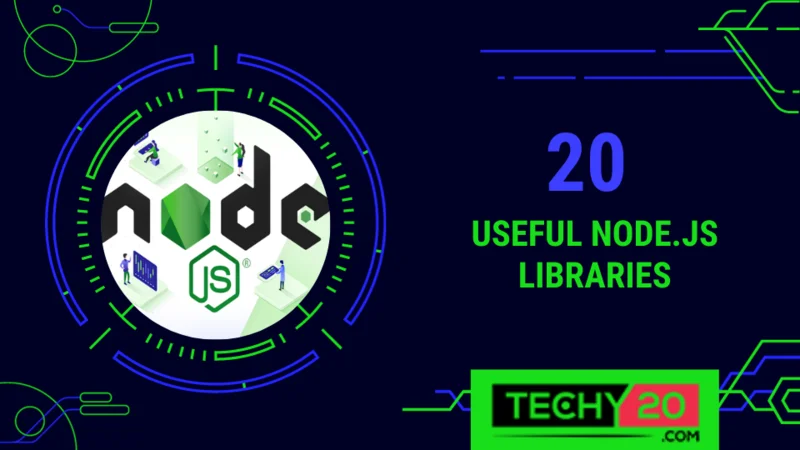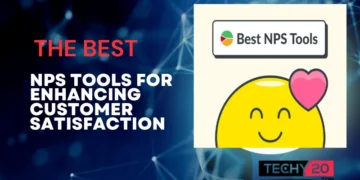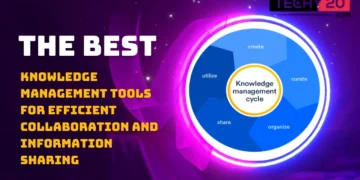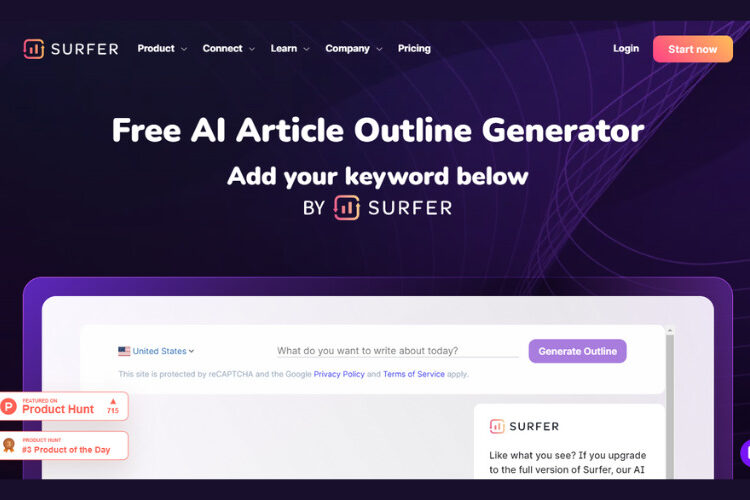Node.js is a runtime environment that enables the creation of server-side applications using JavaScript. It boasts a collection of libraries and modules that can significantly enhance your development process and boost the functionality of your projects. This article will delve deeper into 20 Node.js libraries to consider incorporating into your project.
1. Express
Express is a minimalist web framework explicitly designed for Node.js. It provides a range of features to facilitate the development of web applications and APIs. Express simplifies routing, handling middleware, and managing requests and responses. With its community support and documented resources, Express is a go-to library for building scalable and efficient web applications in Node.js.

2. Socket.IO
For time-bidirectional communication between web clients and servers, Socket.IO is the library to utilize. It establishes a WebSocket connection that enables interaction between clients and servers. Socket.IO makes implementing features like chat applications, real-time collaboration platforms, or gaming applications effortless.
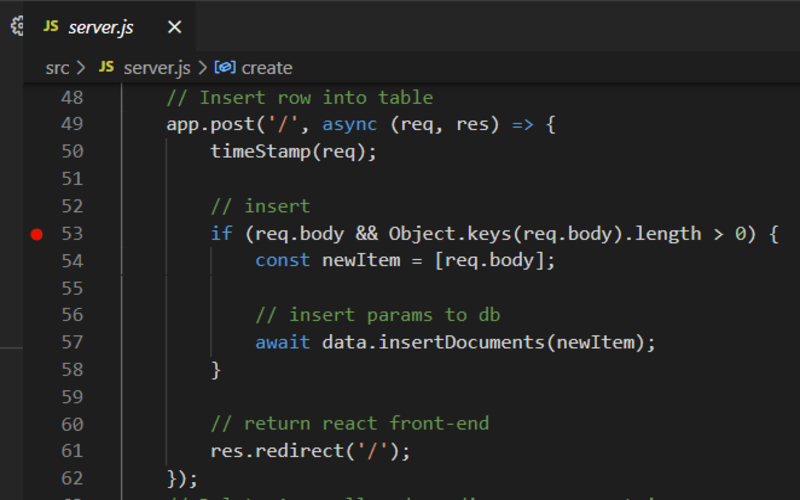
3. MongoDB
MongoDB stands out as a NoSQL database that offers flexibility regarding data storage and retrieval options. Its document-oriented data model allows for storing structured and semi-structured data, making it suitable for various applications. The MongoDB Node.js driver provides a way to establish a connection with a MongoDB database to carry out CRUD operations and utilize querying features.

4. JSON Web Tokens
One helpful tool for transmitting information as a JSON object between parties is JWT (JSON Web Tokens). It finds applications in authentication and authorization processes. The JSON web token library allows you to generate and verify JWTs in your Node.js applications. It enables you to implement stateless authentication mechanisms, where the server can validate the token without relying on session data.
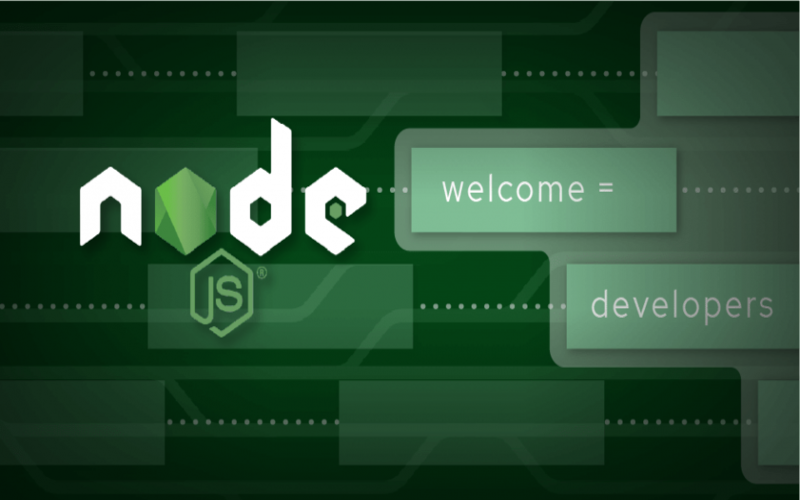
5. Lodash
Lodash is a library that offers functions for working with arrays, objects, strings, and more. It simplifies data manipulation. With Lodash, you can efficiently perform tasks such as manipulating arrays, creating copies of objects, debouncing functions, and much more. It optimizes your code. Enhances productivity by providing a concise API.
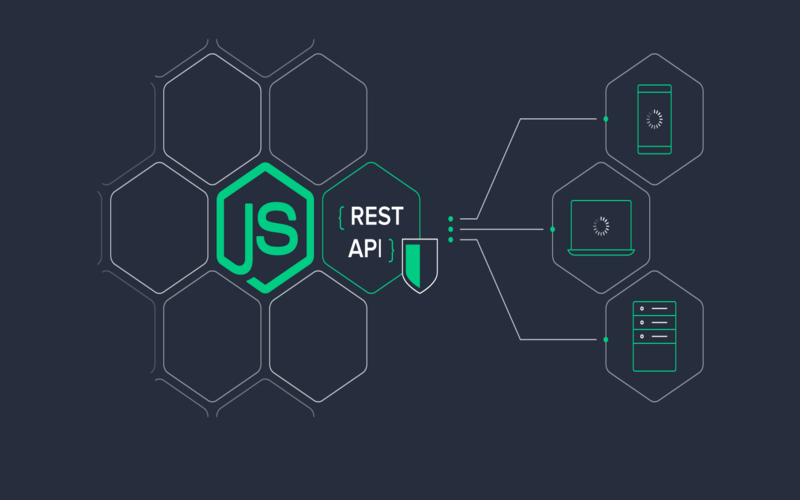
6. Body Parser
A body parser is a middleware that parses the bodies of HTTP requests and makes them easily accessible in Express applications. It simplifies the handling of form data and JSON payloads. Whether you’re dealing with URL encoded form data or JSON payloads, the Body parser makes it straightforward to access the data in a manner for processing.
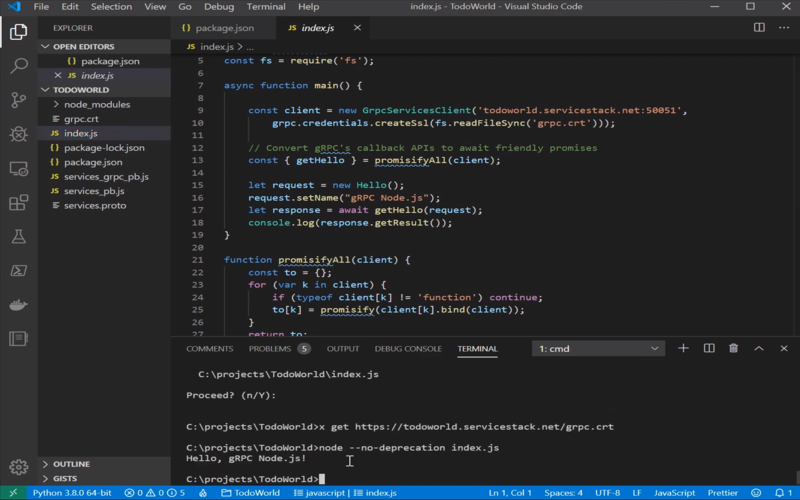
7. Axios
Axios is a client for making HTTP requests from your Node.js application using promises. It offers features like interceptors for request/response manipulation and efficient response handling techniques. With Axios, you can effortlessly perform GET, POST, PUT, DELETE, and other HTTP requests. It simplifies error handling, allows the cancellation of requests if needed, and enables the handling of responses.
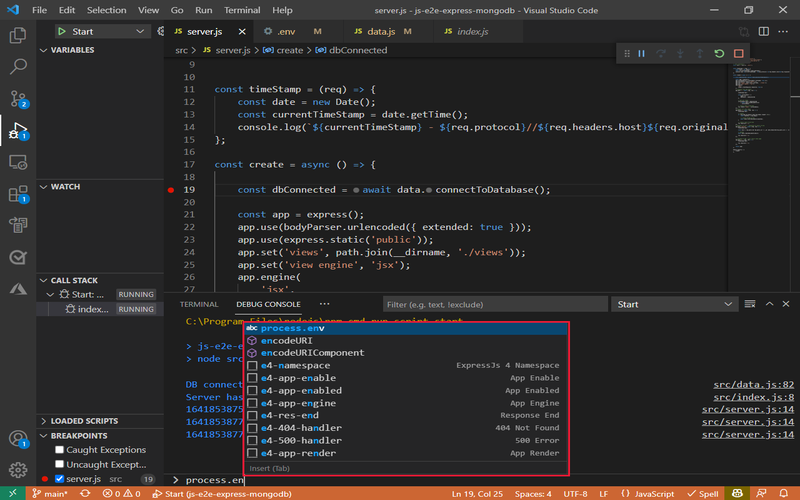
8. Nodemailer
Nodemailer is a library designed specifically for sending emails from your Node.js application. It can work with means of transporting emails, including SMTP and Sendmail. Nodemailer makes sending emails, newsletters, and other types of email communication a more straightforward process. It offers flexibility in customizing email content, handling attachments, and managing email templates.

9. Winston
Winston is a logging library for Node.js known for its adaptability and versatility. With Winston, you can easily customize logging levels, formats, and ways of transporting logs, enabling management and analysis of log data. Winston supports logging transports like console, file, database, and more. It implements log rotation, collection of log metadata, and filtering based on log levels.

10. Passport
Passport is a used middleware for Node.js that helps with authentication. It offers support for authentication strategies such as local, OAuth, OpenID, and more, making it convenient to implement user authentication. You can select the Passport techniques that best meet the needs of your application. It makes routine authentication activities easier. Eliminates the difficulties involved with controlling user sessions and authentication procedures.
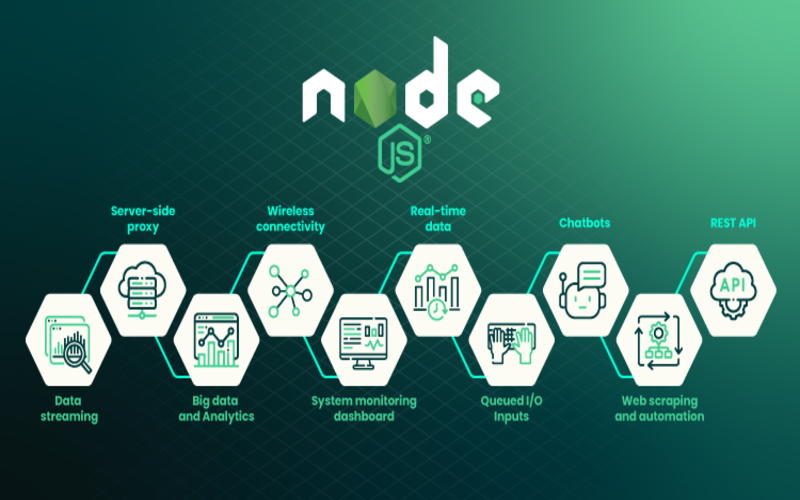
11. Moment
Moment is a library designed for Node.js applications to handle dates and times effectively. It provides an API that simplifies tasks like parsing, validating, manipulating, and displaying dates. Moment makes it effortless to format dates, calculate durations, parse and validate date strings, handle timezones accurately, and perform date-related operations.
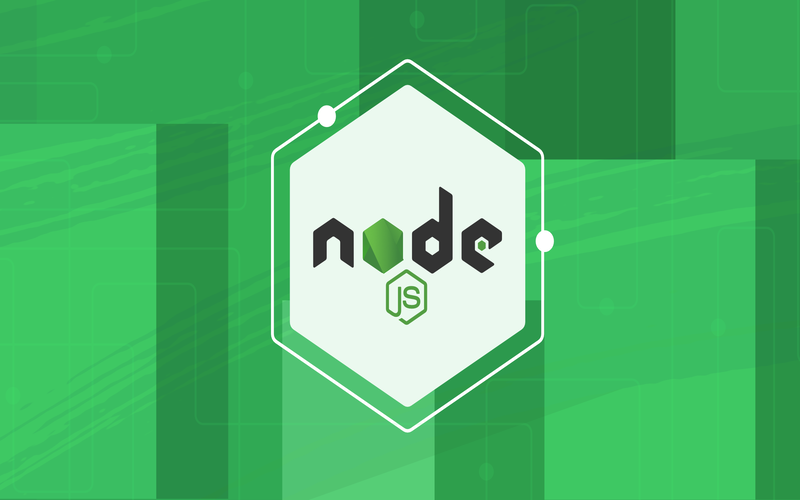
12. Request
Request is an HTTP request library that supports both HTTP and HTTPS protocols. It streamlines the process of making API requests and managing responses. The request enables you to customize headers as needed, handle redirects seamlessly, stream responses efficiently if required, and manage cookies effectively! Whether you’re working with APIs, interacting with services, or even scraping web pages. The request provides a user-friendly interface for handling HTTP requests.

13. Sharp
Suppose you find yourself in need of image processing capabilities within your Node.js application. Look no further than Sharp! This library handles image-processing tasks in Node.js applications. It offers a range of functionalities, such as resizing, cropping, and manipulating images. It utilizes the library for image-processing tasks. With Sharp, you can optimize and transform images in formats, making it a versatile tool for image-related operations.
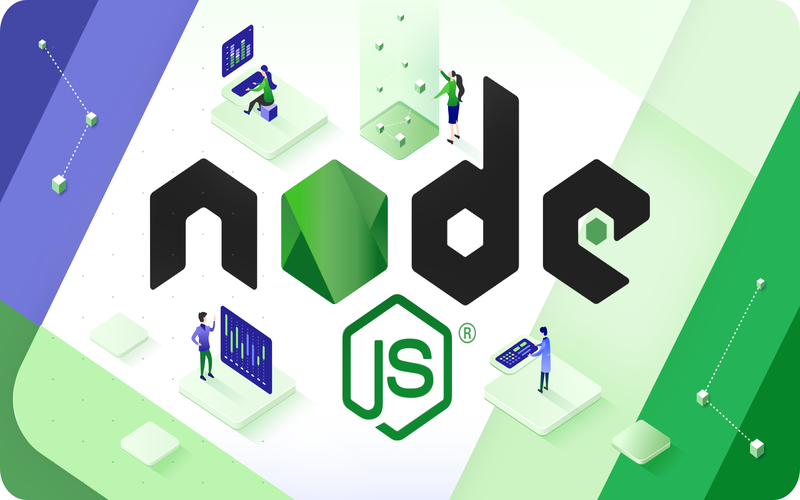
14. Hey
Cheerio is a library that works like jQuery and helps parse and manipulate HTML and XML documents on the server side. It simplifies the process of web scraping and extracting data. Cheerio has a user API to jQuery, which allows you to navigate and manipulate DOM elements using CSS selectors. It is lightweight and fast. It Makes extracting data from HTML/XML documents effortless.

15. Async
Async is a valuable library that provides functions for working with asynchronous JavaScript. It offers control flow patterns like waterfall, parallel execution, and more, making it more straightforward to work with async programming. Async simplifies complex asynchronous operations such as managing tasks, handling dependencies, and avoiding the dreaded callback hell. With Async, you can write more maintainable code.
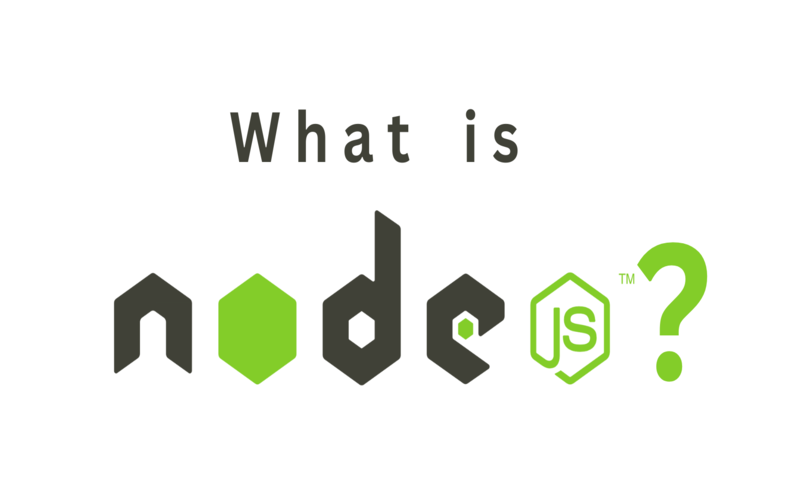
16. Socket.io Client
Socket.IO Client serves as the client-side counterpart of Socket.IO for Node.js applications. It allows you to establish connections with a Socket.IO server in real-time communication between clients or users. With Socket.IO Client, you can effortlessly. Receive events/messages and create rooms or namespaces for interactions or collaborations among clients/users.
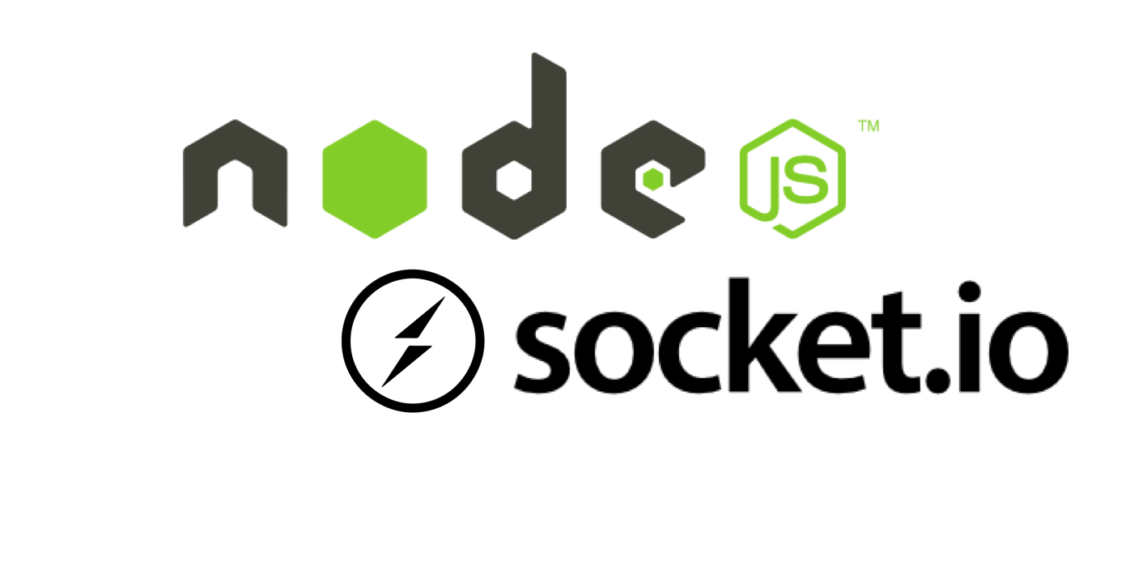
17. Bcrypt
Bcrypt is a trusted library designed to secure information such as passwords or confidential data by hashing them. It offers an effective method for managing password encryption in your Node.js applications. Bcrypt utilizes a salted and customizable algorithm to hash passwords, making it highly challenging for attackers to decrypt the password hashes. It dramatically enhances the security of your application’s user authentication system.
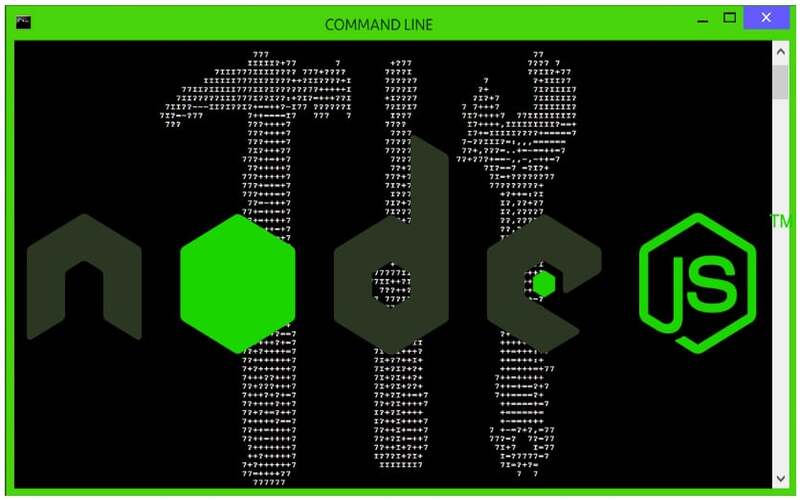
18. Multer
Multer serves as a middleware that facilitates file uploads in your Node.js application. It simplifies the handling and processing of file uploads, streamlining the process. Multer supports various storage options, including disk storage, memory storage, and integration with cloud storage providers. With Multer, you can easily handle file uploads, validate file types, limit file sizes, and manage file storage locations.
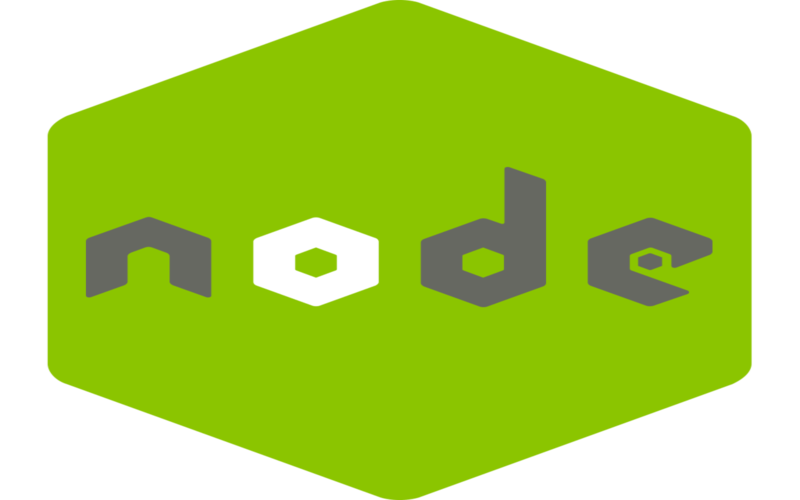
19. Sequelize
Sequelize, an Object Relational Mapping (ORM) library for Node.js, serves as an abstraction layer for working with databases. It supports databases like MySQL, PostgreSQL SQLite, and more. By providing an API for defining models, querying data, and handling migrations, Sequelize simplifies the database. It Promotes a more object-oriented approach. With Sequelize at your disposal, you can reduce the need to write SQL statements.
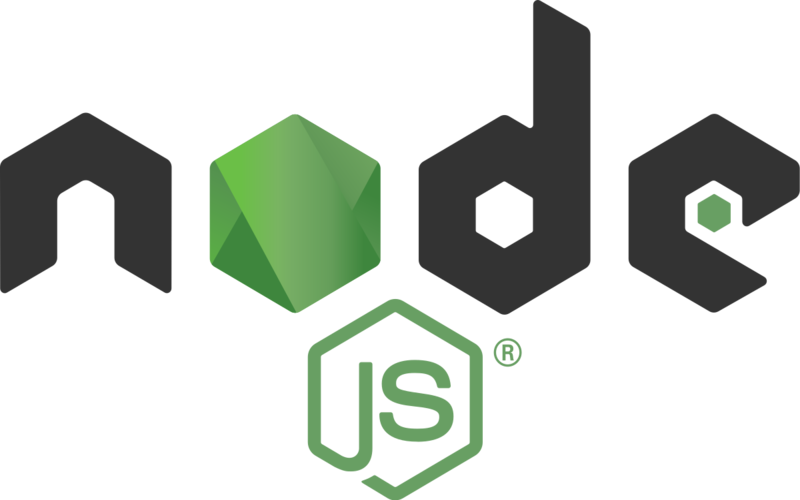
20. Nodemon
However, Nodemon is a tool that, if you make any changes to your code, will immediately restart your Node.js application. This handy tool saves development time by eliminating the need for restarts after code modifications. Nodemon automatically refreshes your development server with the most recent code modifications by monitoring file changes and restarting your application as necessary. This seamless process significantly enhances your development experience. It allows you to concentrate on writing code rather than managing application restarts.
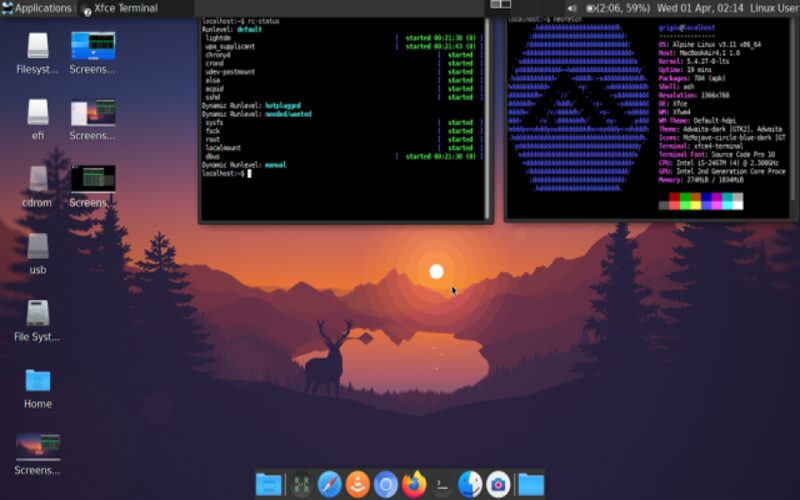
Conclusion
Node.js offers a range of libraries that can substantially streamline your development workflow and introduce powerful functionality to your projects. Be it handling web requests, user authentication, image processing, or database interactions. There is likely a Node.js library to simplify these tasks. Here are 20 libraries you can consider incorporating into your Node.js project to leverage the ecosystem Node.js provides.

